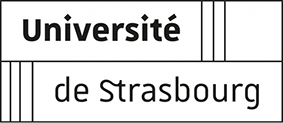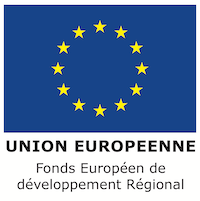Plants, rooted in their environment, deploy an impressive arsenal of specialized metabolites to interact with the world around them—defending against herbivores, attracting pollinators, or resisting abiotic stresses. However, these chemical compounds also harbor internal cellular functions that remain largely unexplored.
In a recent publication in Trends in Plant Science, Emmanuel Gaquerel, a researcher at the Institute of Molecular Biology of Plants (IBMP), and Shuqing Xu (University of Mainz, Germany), propose a new research framework that integrates both defensive and cellular regulatory dimensions to better understand the evolution of these fascinating metabolites.
Traditionally, specialized metabolites have been considered defensive tools, shaped by the evolutionary arms race between plants and their interacting organisms. However, recent results suggest that these compounds also play essential roles in regulating cell growth and tissue differentiation. For instance, some metabolite precursors act as intracellular signals that fine-tune organ development and impairing their production can result into severe developmental alterations and autotoxicity symptoms.
The recently launched Franco-German ANR-DFG project EVOMET which is coordinated by Emmanuel Gaquerel, will delve deeper into these investigations by combining evolutionary genomics and multi-omics approaches, using diterpene metabolism in Solanaceae family as a case study. The objective is to decipher the interaction between ecological and cellular selective forces in the evolution of specialized metabolism in Solanaceae.
By examining the dual nature of the forces acting on plant specialized metabolism, Emmanuel Gaquerel and his team at IBMP are contributing to a better understanding of plant adaptive strategies. These advancements open new perspectives for sustainable agriculture by harnessing plants’ natural ability to modulate their metabolism in response to environmental challenges.















